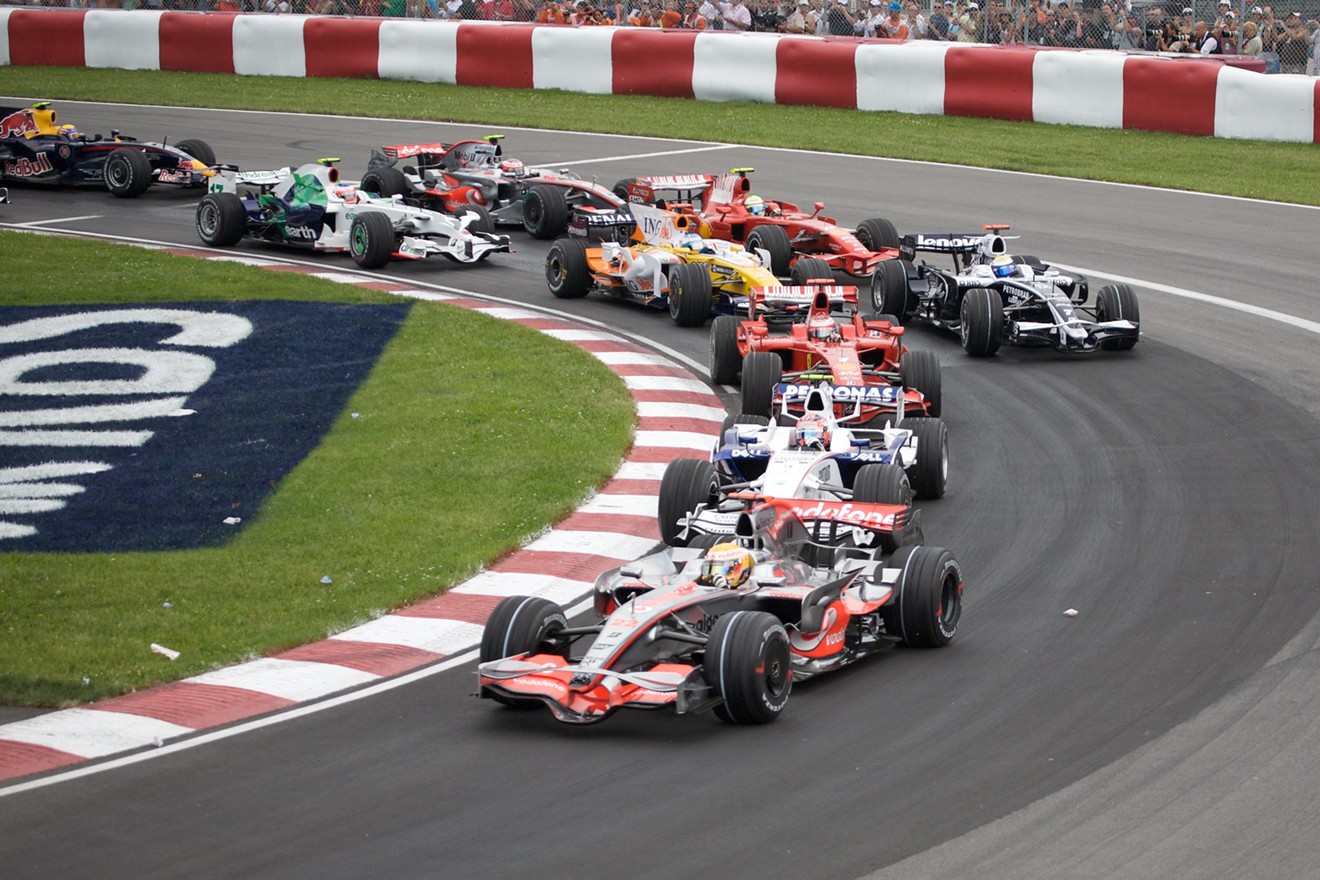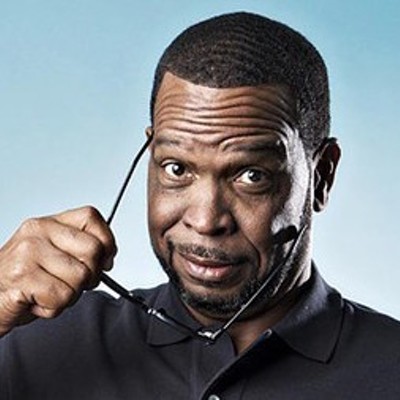The opposition to Formula One hosting an annual Miami Grand Prix race at Hard Rock Stadium is totally misguided.
County Commissioner Barbara Jordan, who represents Miami Gardens, where the stadium is located, and her mentor Betty Ferguson all of sudden have a problem with a big event taking place at Hard Rock. The two are the leading voices against the race proposal, which requires approval from the county commission. Over the weekend, Ferguson told local news outlets that a race could harm surrounding neighborhoods by producing "poisonous dust particles" and "dangerous noise levels."
Yet these elected officials have supported Miami Dolphins owner Stephen Ross' efforts to bring major special events to Hard Rock Stadium. In February, the venue will host Super Bowl LIV, which will cause at least two weeks of disruption. Whether they like it or not, Hard Rock Stadium isn't just a place where the Dolphins and Hurricanes play football. The venue hosts international soccer matches, music festivals such as Jazz in the Gardens and Rolling Loud, and global rock concerts such as the Rolling Stones.
Critics can't make the case that their opposition is about the noise and traffic Formula One will create, because when Hard Rock Stadium hosts concerts that go all night, you can hear the music all the way in Miramar. The events also cause traffic gridlock.
For upgrades to the stadium, including the temporary conversion to a tennis center for the Miami Open and a new football training facility, Ross has spent $700 million, all of which is subject to real-estate taxes because Hard Rock Stadium is the only sports facility in Miami-Dade that is privately owned, according to a statement by the Miami Dolphins. The organization also noted it pays more than $6.5 million a year in property taxes, with a big chunk going to Miami Gardens.
The bottom line is Miami-Dade is a tourism economy, and the stadium is the number one venue to attract tourism dollars. The more events the region hosts, the more reasons there will be for people to visit Miami beyond the beaches and nightlife. If the Grand Prix puts people to work and puts tourists in hotel rooms and Airbnb rentals, it's a win for everybody.
The reality is there are virtually no Fortune 500 companies based in Miami. We don't have Coca-Cola plants or Ford factories that employ hundreds of thousands of workers. We don't have a Silicon Valley swarming with successful tech companies. We don't have film production studios that can support a movie and TV industry.
Hard Rock Stadium exists to make money for everybody, from Ross to the residents who sell parking spaces, food, and beverages to eventgoers. This is a business on which all of Miami-Dade, black and white, relies.
The community should be happy that Dolphins CEO Tom Garfinkel is bringing events that will generate jobs and have a lasting economic impact.
[
{
"name": "Air - MediumRectangle - Inline Content - Mobile Display Size",
"component": "19274298",
"insertPoint": "2",
"requiredCountToDisplay": "2"
},{
"name": "Editor Picks",
"component": "17482312",
"insertPoint": "4",
"requiredCountToDisplay": "1"
},{
"name": "Inline Links",
"component": "18711090",
"insertPoint": "8th",
"startingPoint": 8,
"requiredCountToDisplay": "7",
"maxInsertions": 25
},{
"name": "Air - MediumRectangle - Combo - Inline Content",
"component": "17482310",
"insertPoint": "8th",
"startingPoint": 8,
"requiredCountToDisplay": "7",
"maxInsertions": 25
},{
"name": "Inline Links",
"component": "18711090",
"insertPoint": "8th",
"startingPoint": 12,
"requiredCountToDisplay": "11",
"maxInsertions": 25
},{
"name": "Air - Leaderboard Tower - Combo - Inline Content",
"component": "17482313",
"insertPoint": "8th",
"startingPoint": 12,
"requiredCountToDisplay": "11",
"maxInsertions": 25
}
]












